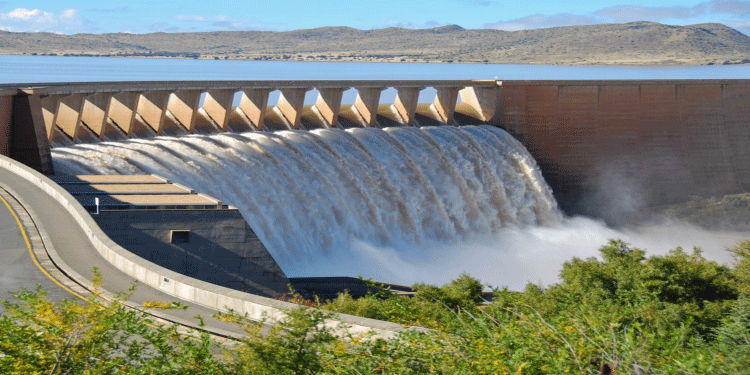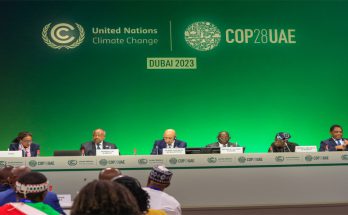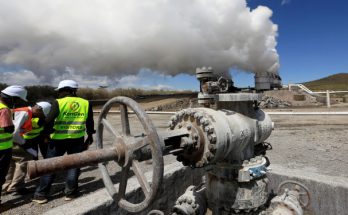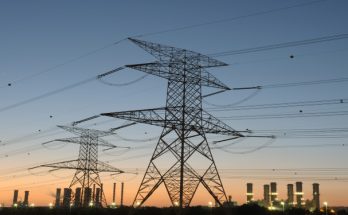 The West African Development Bank (BOAD) is granting CFAF 15 billion (around €23 million) to the Malian government for the construction of the Kourouba mini-hydro plant, located 90 km away from the capital Bamako. The facility is expected to have a capacity of 3.9 MWp and will provide electricity to about 20,000 people.
The West African Development Bank (BOAD) is granting CFAF 15 billion (around €23 million) to the Malian government for the construction of the Kourouba mini-hydro plant, located 90 km away from the capital Bamako. The facility is expected to have a capacity of 3.9 MWp and will provide electricity to about 20,000 people.
In Mali, the West African Development Bank (BOAD) is approving a loan of 15 billion CFA francs (about 23 million euros) for the construction of the Kourouba hydroelectric plant and its connection to the electricity grid of the state-owned company Energie du Mali (EDM).
The facility, which will be located 90 km from the capital Bamako, will be equipped with 12 “Very Low Head” type turbines and will have a capacity of 3.9 MW. The project, which will start in 2022, is partially financed by BOAD and will provide electricity to 20,000 people in Kourouba, Gouala and Tiakadougou Faraba, in the southwest of the country, where a 33 KV evacuation line will also be constructed.
The construction of the Kourouba mini-hydro plant is part of the €46.2 million BOAD-financed Solar Rural Electrification Project (PERS) in Mali. The initiative aims to electrify 70 rural communities with stand-alone solar systems and support access to financial services for productive use of energy. Its implementation will benefit approximately 311,000 rural residents in 6 regions of Mali.
Injecting Solar Energy into the National Grid
According to the World Bank, Mali’s electricity access rate is estimated at 48 per cent in 2019. In this West African country, the government is focusing on diversifying sources of electricity generation, giving priority to renewable energy.
In March 2021, the Malian government approved the construction of 2 solar photovoltaic plants with a combined capacity of 83 MWp in Fana by Legendre Énergie, the subsidiary of the French group Legendre, and in the Segou circle by the Norwegian independent power producer (IPP) Scatec. KYA Energy Group, a provider of solar systems in West Africa, has equipped Mali with 6 hybrid solar power plants in the regions of Sikasso and Segou. The installations have been accepted by the country’s authorities and those of the West African Economic and Monetary Union (WAEMU).



